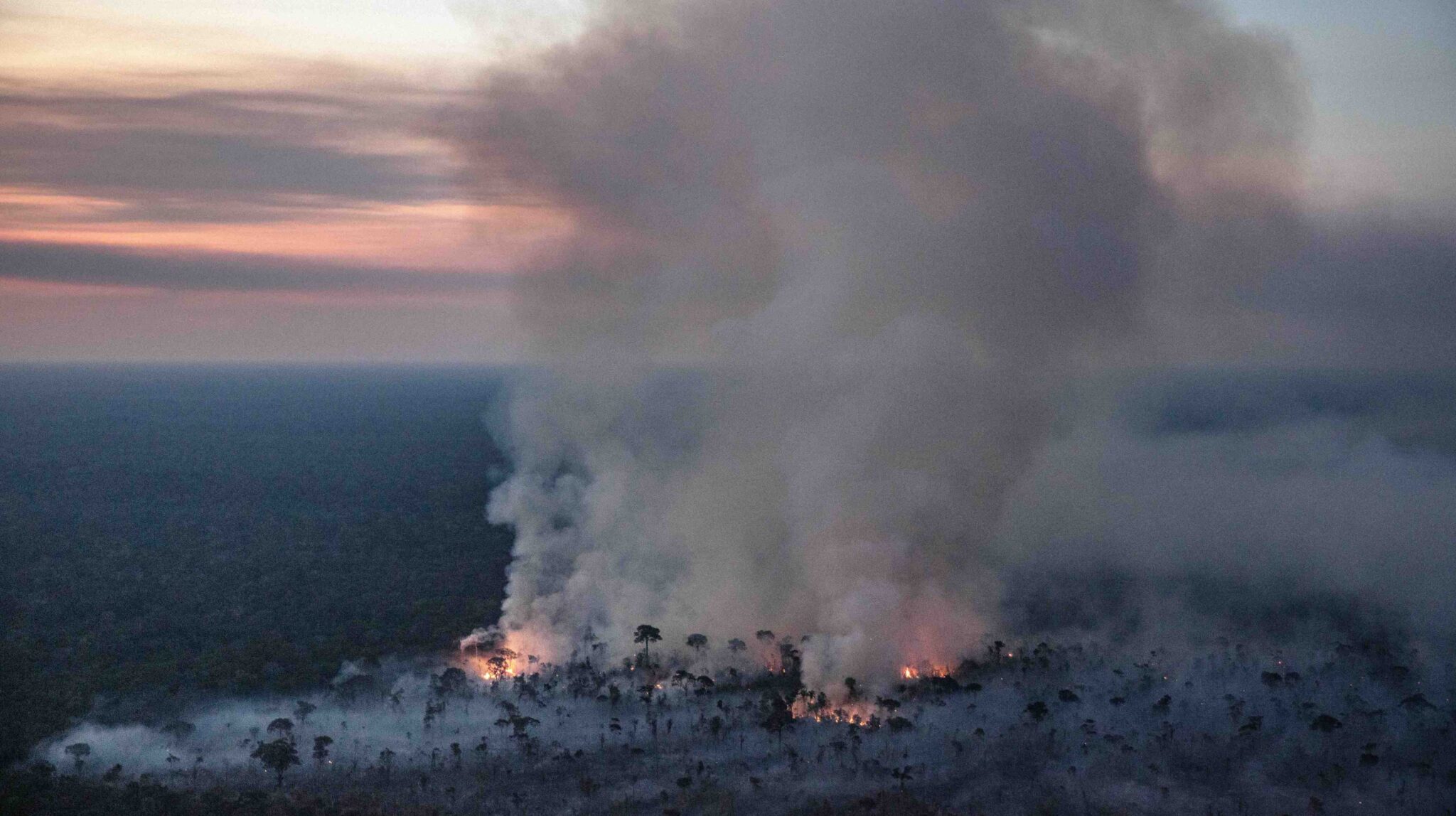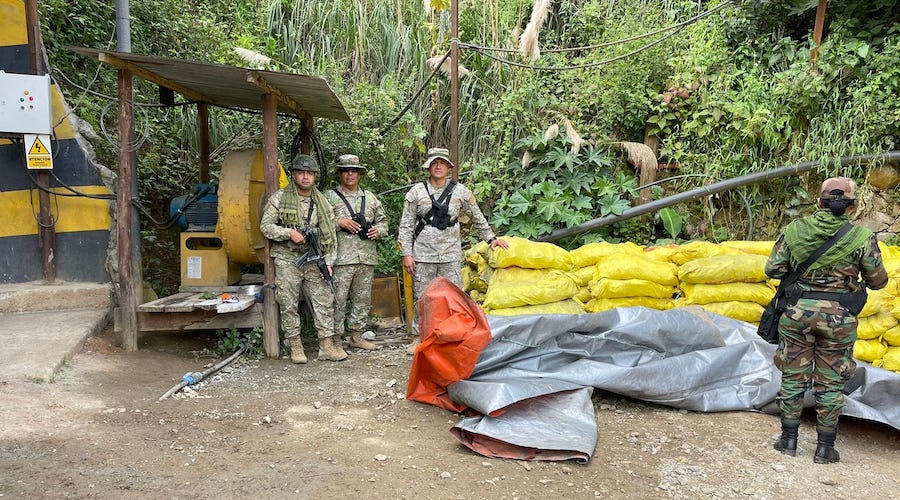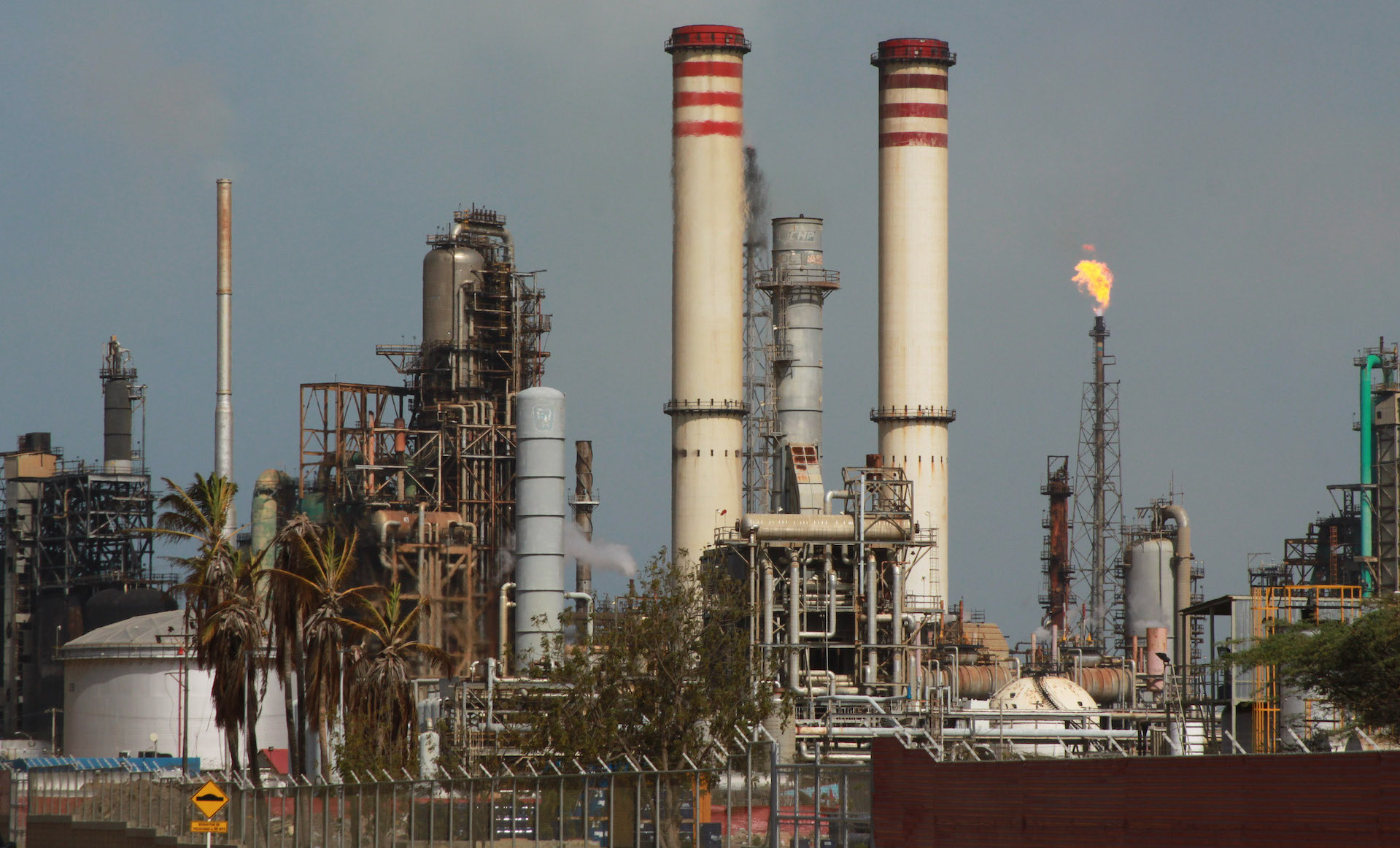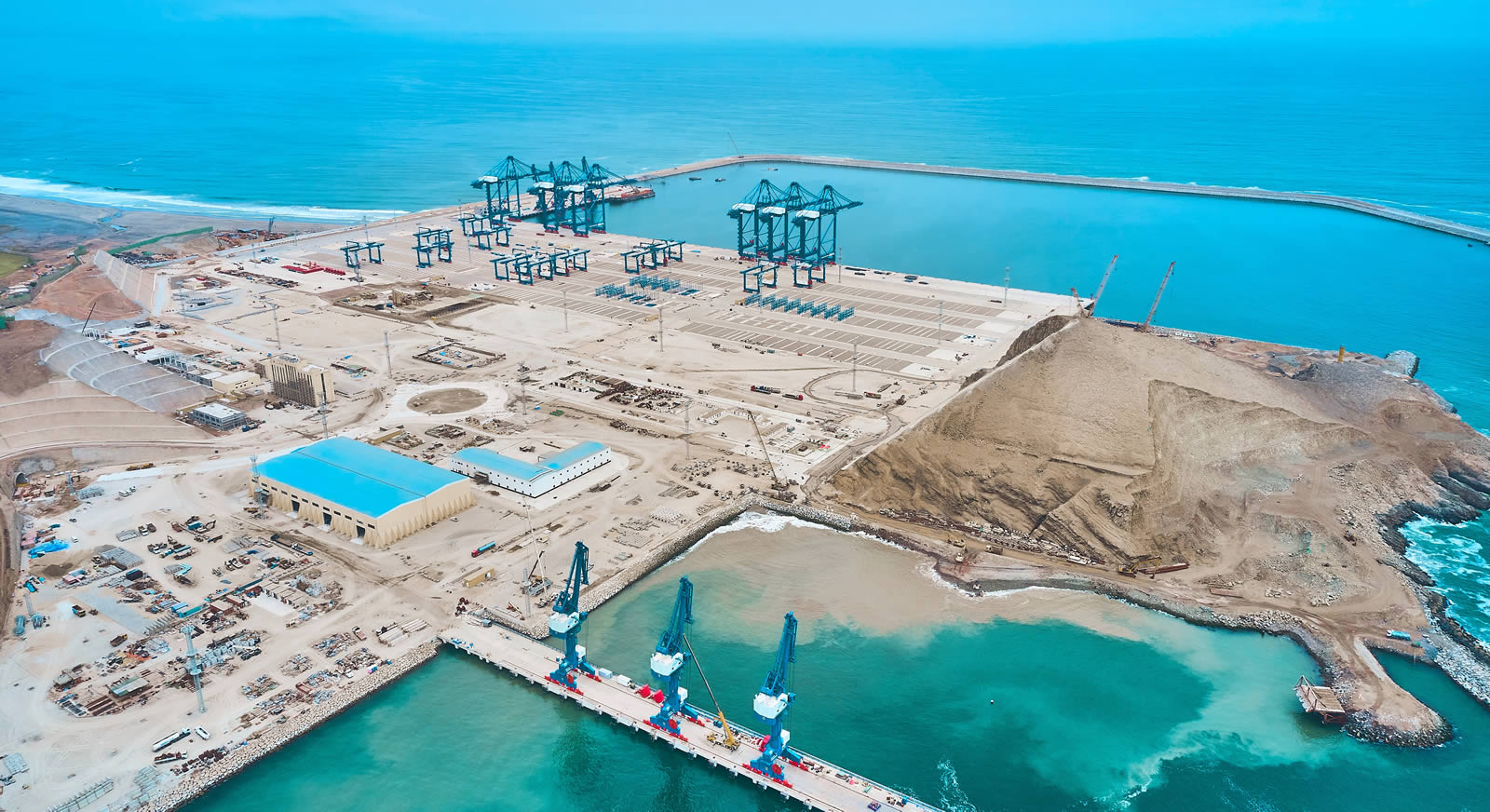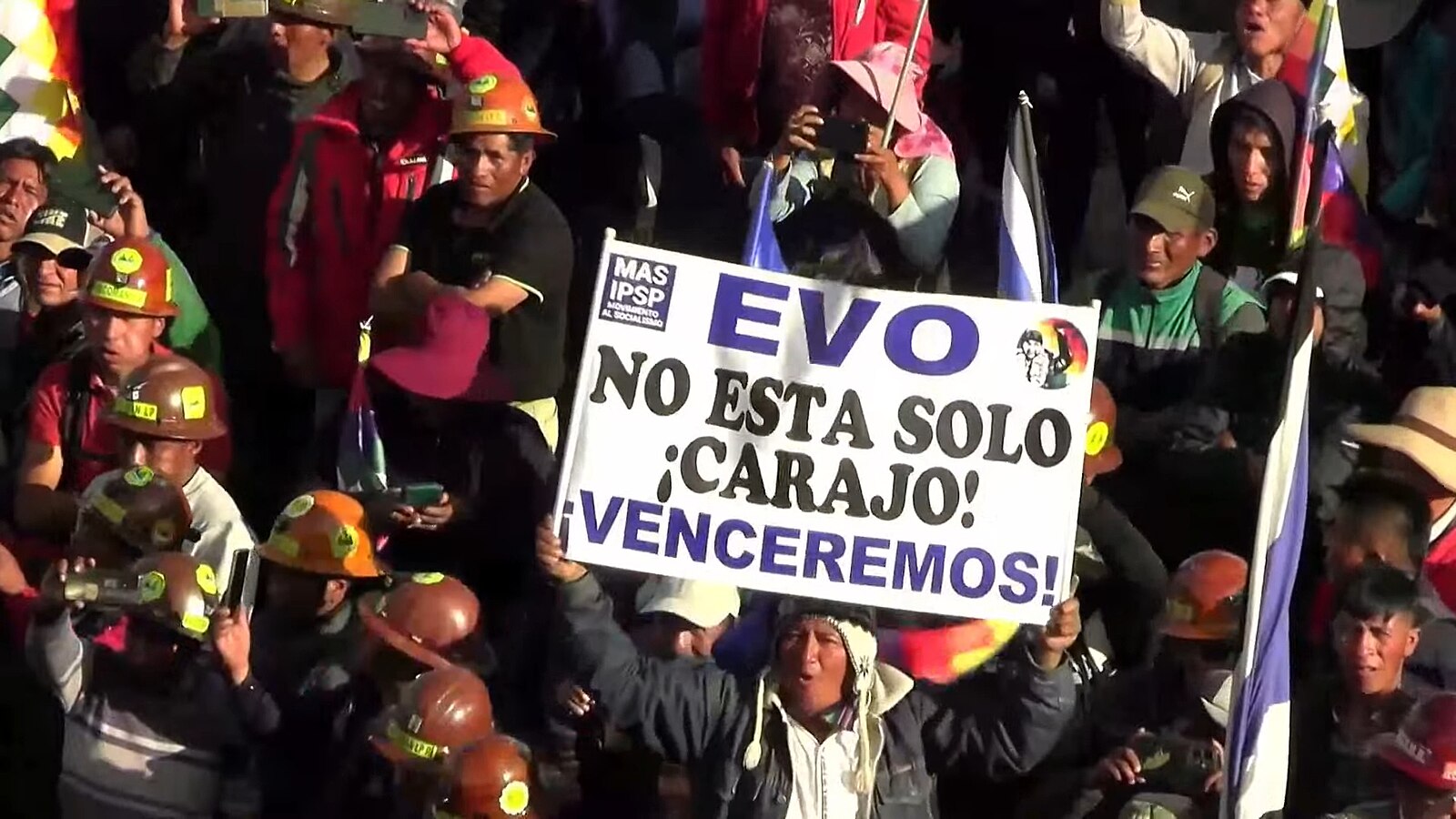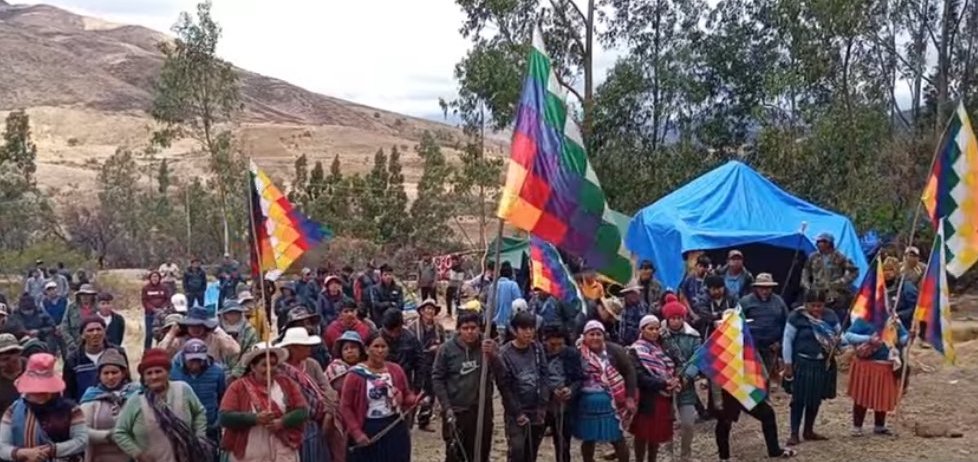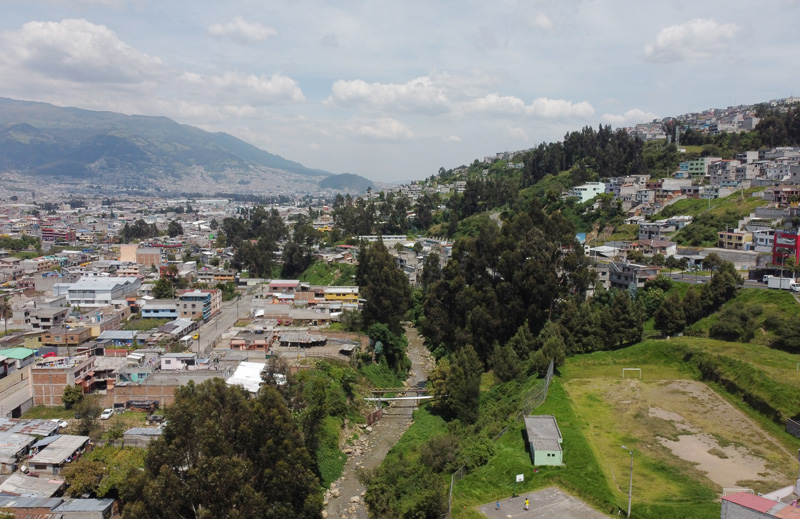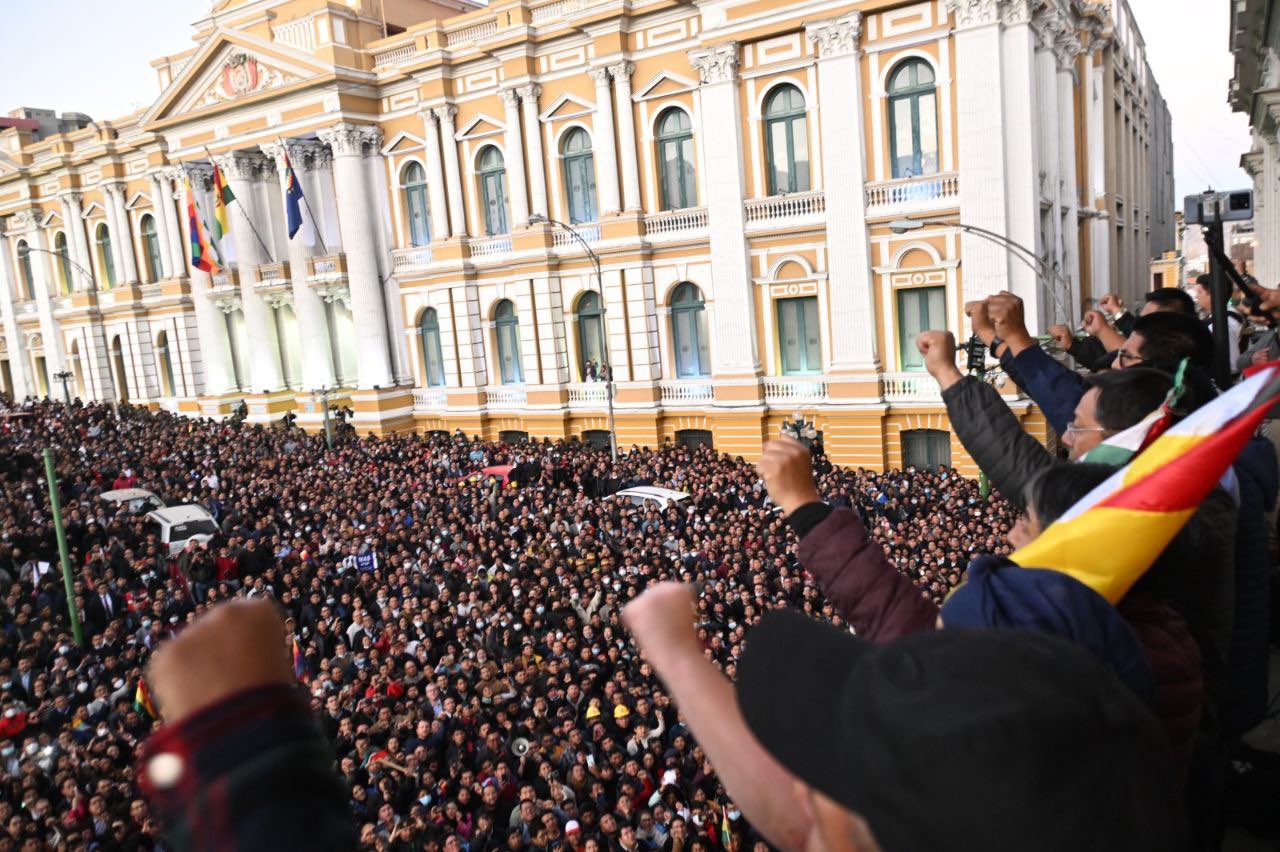
US-Ecuador security pact amid deepening crisis
At least 17 people were killed in an armed attack on a bar in El Empalme, a small town north of Ecuador’s port city of Guayaquil—days before US Homeland Security Secretary Kristi Neom visited the country and signed a deal to fight organized crime and illegal migration. The deal includes training for Ecuadoran security forces in the US and collaboration on border security. Once one of South America’s safest countries, Ecuador has registered a vertiginous uptick in violent crime in the past few years. In response, President Daniel Noboa has adopted a series of hardline security policies that have raised concern over human rights abuses. The policies range from the repeated declaration of states of emergency, the construction of El Salvador-style prisons, and a “strategic alliance” with private US military contractor Erik Prince. Noboa has also replicated some of US President Donald Trump’s deportation tactics, returning more than 600 Colombian prisoners to their country in late July with no official notice. (Photo: Presidencia Ecuador via Peoples Dispatch)



